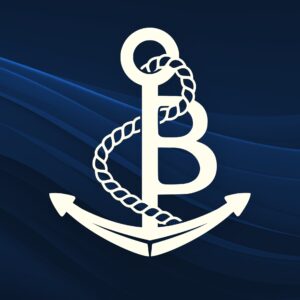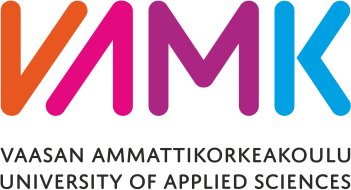

Project information:
Official name of the project: Coastal Hydrogen Innovation Hub - Kristiinankaupunki
Duration of the project: 1.2.2024 - 31.1.2026
Project coordinator: VUAS
Project partners: Business Kristinestad
Funding: ERDF, JTF
Budget: 270 924 €
Contact person in VAMK:
Kjell-Owe Ahlskog, Project Manager (School of Technology)
RDI Platform: Smart Industry
Language: Finnish
Project description
Due in particular to the strong growth in wind power production, Finland will have changed from an electricity importing country to an electricity exporting country by 2023. In the future, it will no longer be possible to transmit all the energy produced and exported abroad through the electricity grid, but some of the electricity will have to be converted into green hydrogen or its derivatives. The future hydrogen economy offers significant flexibility to the Finnish energy system, as hydrogen is an excellent energy carrier and the planned hydrogen pipeline can also serve as a major energy storage facility. The production of green hydrogen by electrolysers can provide significant flexibility to the Finnish energy system by exploiting the capacity and reserve market managed by Fingrid. The project will identify, design and study additional revenue potential for the hydrogen producer, in particular for the planned hydrogen investments in Kristiinankaupunki.
Goals
The main objective of the project is to strengthen the knowledge base and workforce of the Kristiinankaupung region, especially in the field of hydrogen economy. This will be achieved by providing comprehensive training modules on hydrogen technology and its applications, ensuring that the region has the necessary skills to meet the needs of the emerging hydrogen economy. The training programmes will also support the region’s industrial transition towards cleaner and sustainable forms of energy, in line with both national and EU-wide sustainable development objectives.
In addition, the project aims to promote regional cooperation and networking between educational institutions, industry and other stakeholders. This synergy will promote effective sharing of knowledge and resources, which will accelerate innovation and the commercialisation of hydrogen applications.
The project will also support small and medium-sized enterprises (SMEs) in their efforts to exploit the hydrogen economy. By providing these companies with the necessary training and resources, the project will contribute to regional economic growth and strengthen the region’s position as a leader in the hydrogen economy.
A key objective is to establish a hydrogen centre that will act as a hub for research and education, attracting investment and expertise to the region. This centre will play an important role in creating and sustaining a regional culture of innovation, which is vital for the region’s long-term competitiveness and economic success.
Results
The concrete results of the project can be divided into three main categories, reflecting the main themes of the project:
- Training and skills development
- Development and piloting of training modules, design of digital twin technologies, development of online training materials and creation of flexible training pathways.
- Research and development activities
- Building a cooperation network, designing a pilot plant and demo environment, developing new innovations and technologies.
- Support to industry and business
- Business diversity modelling, implementation and optimisation of hydrogen production by-product streams, development of energy security strategies



